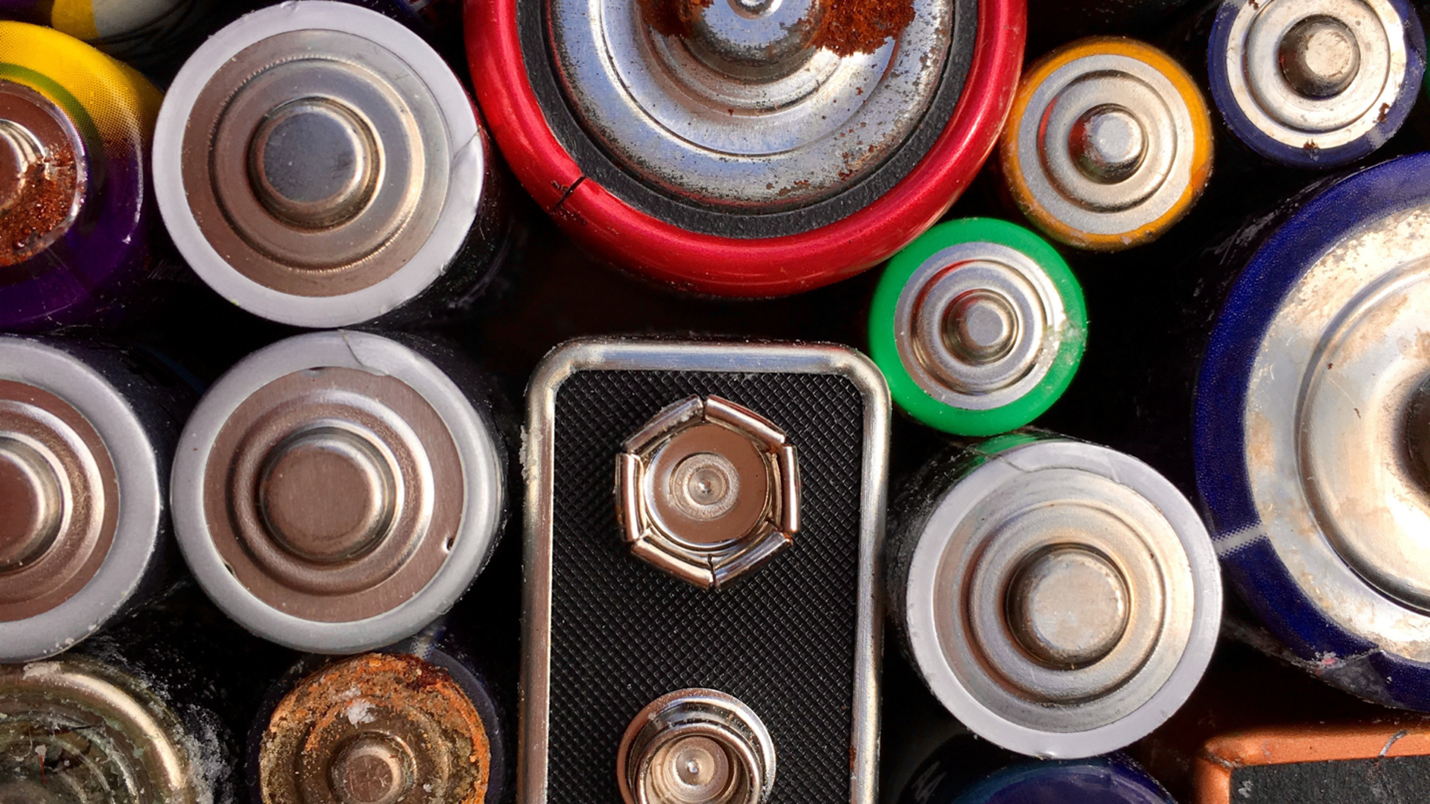How To Dispose of And Recycle Batteries

There has been a considerable increase in the demand for batteries and the evolution and history of the battery. This demand stems from billions of people carrying electronics that consume electricity. These electronics include cell phones, laptops, and digital cameras. So, whether it is a rechargeable cell phone battery, a standard alkaline AA battery, or your car battery, you should treat it carefully and use safe storage and disposal methods.
Most batteries—regardless of type—contain toxic chemicals. The toxic materials within the batteries can be released into the environment and pose severe threats to human health and the environment. If placed in landfills, the toxic materials can leak into the soil, reaching our water supply. If incinerated, toxic fumes are produced.
Improperly thrown-out batteries can short-circuit, overheat, and even cause a fire. Depending on where you live and the type of batteries in question, it may be illegal to put them in the trash.
Where to Recycle Batteries
The official battery stewardship program in BC is called Call2Recycle. They take used household batteries (weighing under 5 kg each) at no charge. They have over 1,700 locations where you can recycle your batteries in British Columbia.
How to Prepare Your Batteries for Recycling
The first step in preparing your batteries for recycling is to identify which type of batteries you have. Different battery chemistries must be packaged, transported, and recycled differently. Misidentifying batteries can lead to incorrect shipping procedures and liabilities for your organization, so it’s essential to identify your batteries correctly.
Once you have identified the type of batteries, you must take some time to prepare your batteries for safe and convenient recycling.
Prepping single-use batteries for recycling:
- Put non-conductive clear tape over the ends to avert any current transfer, or you can place each battery in a bag individually instead of taping the ends.
- It would be best to place the batteries in a container that does not conduct electricity, such as plastic or cardboard.
Prepping rechargeable batteries for recycling:
- Remove batteries from their electronics. Dead laptops should be recycled separately from dead laptop batteries. This is not required for small electronics like cellphones or iPods, which most battery recyclers can accept.
- Cover the terminals with non-conductive tape clear tape.
It has never been easier to recycle your batteries safely. By working together, we can keep these little guys out of landfills!
